

Cora Williams
Movies for Cora Williams...
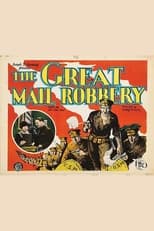
Title: The Great Mail Robbery
Character: Mrs. Davis
Released: July 19, 1927
Type: Movie
Veteran serial director George B. Seitz keeps things perpetually on the move in The Great Mail Robbery. Theodore von Eltz stars as Marine lieutenant Donald Macready, assigned by his commanding officer to squelch a train-robbery gang. Going undercover, Macready infiltrates the gang and monitors their every move.

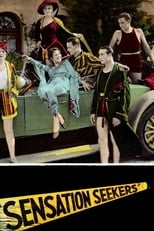
Title: Sensation Seekers
Character: Mrs. W. Symme
Released: March 21, 1927
Type: Movie
Ray Sturgis, leader of the fashionable Long Island jazz set, is engaged to "Egypt" Hagen, an up-to-date girl in every respect. Egypt is arrested at a roadhouse raid, and at her mother's bidding, the Reverend Norman Lodge arranges for her freedom. At a fancy-dress ball, when Ray wears a costume made of newspaper headlines concerning her arrest, Egypt is offended. Seen constantly in the company of Reverend Lodge, her reputation causes church people to take up the matter with the bishop.

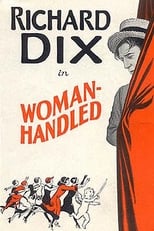
Title: Womanhandled
Character: Aunt Clara
Released: December 27, 1925
Type: Movie
Bill Dana, a New York City playboy, can't resist the flaming flappers and red-hot mamas along the Great White Way, so he decides to head out west to his uncle's ranch in Wind River, Texas. But the gold-diggers and their relatives follow him.

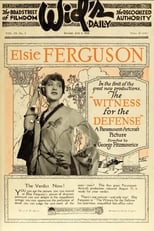
Title: The Witness for the Defense
Character: Teresa Derrick
Released: September 14, 1919
Type: Movie
Stella Derrick and Dick Hazelwood love each other, but their families want them to make better financial matches.

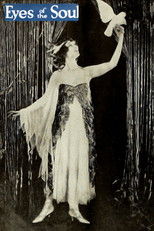
Title: Eyes of the Soul
Character: Landlady
Released: April 20, 1919
Type: Movie
Gloria Swann becomes a dancer at the Palm Garden cabaret, trying to secure a better future and accepts Judge Malvin's offer of marriage despite the disparity of their ages and social stations. One day while Gloria and the judge are driving in the park, their car nearly runs over Larry Gibson, a soldier blinded in World War I. A remark by Gloria's friend, Teddy Safford, has aroused her maternal feelings, and the sight of the lonely soldier makes her even more sympathetic. Gloria takes Larry home and visits him daily. Larry plays banjo and writes songs about soldier life to cheer suffering servicemen.

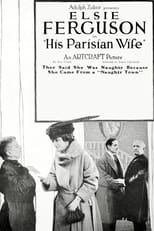
Title: His Parisian Wife
Character: Mrs. Wesley
Released: January 19, 1919
Type: Movie
A beautiful young French girl falls in love with a handsome New Englander, but when they marry and return to his family home, she finds that she does not fit in at all.


Title: Making a Convert
Character: Ruth's Mother
Released: September 15, 1914
Type: Movie
A short public service film warning people in New Jersey to stay out of the way of oncoming streetcars. The message is framed in a cute romantic comedy.


Title: The Man Who Disappeared
Released: April 7, 1914
Type: Movie
Film serial directed by Charles Brabin.


Title: The Active Life of Dolly of the Dailies #5: The Chinese Fan
Character: Mrs. Williams
Released: January 31, 1914
Type: Movie
An early Thomas Edison short. A young woman is kidnapped while attending a play in Chinatown. A reporter attends another play in Chinatown, is likewise kidnapped and rescues the young woman. Preserved by the Academy Film Archive in 2011 in partnership with the National Film Preservation Foundation New Zealand Project.

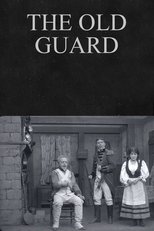
Title: The Old Guard
Character: Melanie
Released: February 17, 1913
Type: Movie
A veteran of the Napoleanic Wars recounts his memories and grants his blessings upon the marriage of his granddaughter and a young soldier.

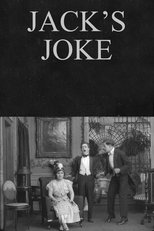
Title: Jack's Joke
Character: Maggie, the Maid
Released: February 7, 1913
Type: Movie
A comic sketch that features two players who think each one is deaf, causing them to shout. Part of the Edison Kinetophone Collection. The Kinetophone was a fairly complex mechanical means of creating talking pictures. Unlike previous systems, in which actors would be required to lip sync to preexisting recordings on camera, the Kinetophone was one of the earliest film technologies to record sound at the same time as the image.
